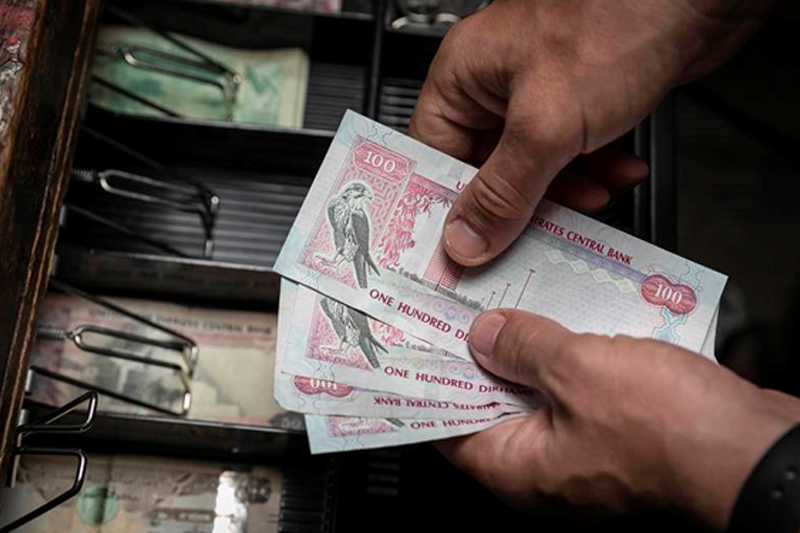The Ministry of Finance in the UAE has announced that business owners will be liable for corporate tax only if their annual turnover exceeds Dh1 million ($272,294). This new development, outlined in Cabinet Decision No. (49) of 2023, aims to clarify the application of the corporate tax regime and ensure that only income related to business activities is subject to taxation. The decision further emphasizes that personal income, such as employment earnings, investments, and real estate income without licensing requirements, will not be subjected to corporate tax.
The UAE’s commitment to maintaining a transparent and competitive tax framework for both local and foreign individual investors is highlighted in the recent Cabinet Decision. Younis Al Khouri, the undersecretary at the Ministry of Finance, states that by simplifying the corporate tax system, the UAE aims to create an attractive business environment that supports small businesses, start-ups, and overall economic growth.
Starting from the financial year commencing on or after June 1, 2023, the UAE introduced a federal corporate tax with a standard statutory rate of 9 percent. Under this regime, companies with an income exceeding Dh375,000 will fall within the taxable bracket. However, taxable profits below this threshold will be subject to a 0 percent rate, providing relief for smaller businesses.

The Ministry of Finance clarified that personal incomes derived from employment, real estate, and other investments, as well as any income not arising from a licensed business or commercial activity, will not be subject to corporate tax. For instance, if a UAE resident operates an online business and the annual turnover from that business exceeds Dh1 million, corporate tax will be applicable. However, income from rental properties and personal investments will be considered out-of-scope and exempt from corporate tax.
In April, the Ministry of Finance introduced a corporate tax relief program specifically targeting small businesses in the UAE. According to the ministerial decision on Small Business Relief, taxable persons with revenue of Dh3 million or less can claim relief by being treated as if they have not derived any taxable income for a given tax period. This relief is applicable if the revenue remains below the threshold and can be claimed by resident taxable persons.
The threshold for small business relief and the corporate tax regime will come into effect on or after June 1, 2023. The relief program will be applicable for tax periods ending before or on December 31, 2026.
The UAE’s Ministry of Finance has taken steps to streamline the corporate tax system and provide clarity regarding taxable income. By introducing a turnover threshold for corporate tax liability and exempting certain personal income sources, the UAE aims to foster an environment conducive to business growth and attract both local and foreign investors. These measures demonstrate the government’s commitment to maintaining a competitive tax framework and supporting the small business sector, startups, and the overall economy.
Summary of article by: Aarti Nagraj, The National News
Read full article : HERE



